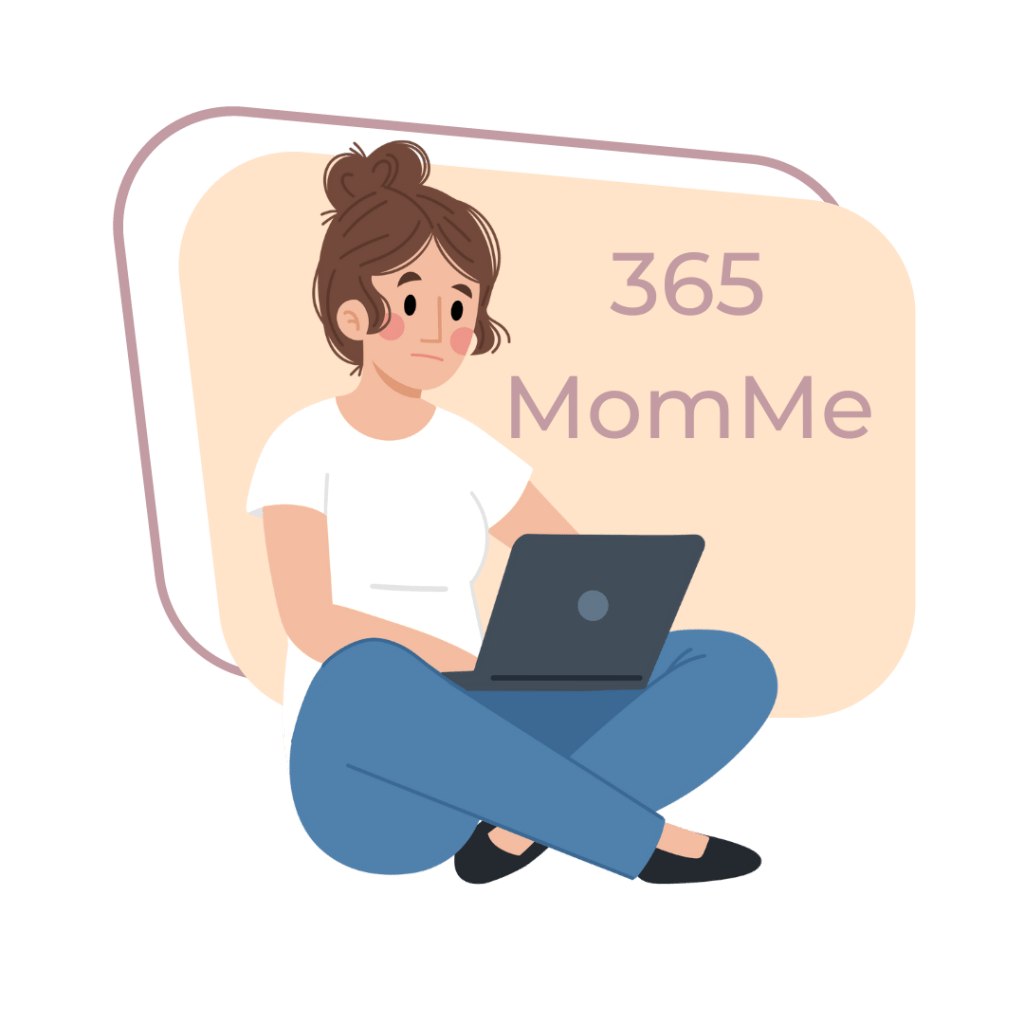October is a special month – it’s Dyslexia Awareness Month, a time dedicated to raising awareness about a learning difference that affects millions of people worldwide. Dyslexia, often misunderstood, is not a reflection of intelligence, but rather a unique way of processing information. This month offers us an opportunity to foster understanding and support for individuals with dyslexia, celebrating their strengths and contributions to society. In this blog post, we’ll explore the essence of dyslexia, its challenges, and the powerful potential that lies within those who have it.
What is Dyslexia?
Dyslexia is a neurological condition that affects the way the brain processes written and sometimes spoken language. It’s important to note that dyslexia is not a measure of a person’s intelligence or creativity. In fact, many individuals with dyslexia possess remarkable talents in areas such as problem-solving, spatial reasoning, and creativity.
The Challenges of Dyslexia
- Reading Difficulties: One of the most common challenges faced by individuals with dyslexia is difficulty in reading. They may struggle with decoding words, have slow reading speed, and encounter problems with recognizing familiar words.
- Spelling and Writing Issues: Dyslexia can also affect spelling and writing abilities. People with dyslexia may find it challenging to spell words correctly or to organize their thoughts in writing.
- Working Memory: Some individuals with dyslexia may experience difficulties with working memory, which can make it harder to retain and manipulate information.
- Phonological Awareness: This refers to the ability to recognize and work with sounds in spoken language. It’s an area where many individuals with dyslexia face challenges.
The Strengths of Dyslexia
While dyslexia presents its own set of challenges, it’s important to recognize and celebrate the unique strengths it can bring:
- Creativity: Many individuals with dyslexia have a remarkable capacity for creative thinking. They often excel in areas such as art, design, music, and problem-solving.
- Spatial Reasoning: Some studies suggest that individuals with dyslexia may have enhanced spatial reasoning abilities. This can manifest in skills related to architecture, engineering, or design.
- Holistic Thinking: Dyslexic individuals often have a knack for seeing the big picture, thinking outside the box, and making connections that others might overlook.
Supporting Individuals with Dyslexia
- Early Identification and Intervention: Early detection and intervention are crucial for helping individuals with dyslexia. This can be accomplished through assessments and specialized instruction tailored to their needs.
- Structured Literacy Programs: These programs focus on teaching the connections between sounds and letters systematically. They can greatly benefit individuals with dyslexia.
- Assistive Technology: Various tools, such as text-to-speech software and speech-to-text applications, can provide invaluable support for reading and writing.
- Emotional Support: Creating a supportive environment that acknowledges and celebrates the strengths of individuals with dyslexia is crucial for their confidence and well-being.
Dyslexia Awareness Month is a time to celebrate the uniqueness and potential within individuals with dyslexia. By fostering understanding, providing appropriate support, and recognizing their strengths, we can empower them to thrive in all aspects of life. Together, let’s embrace the power of dyslexia and create a world where every individual’s talents are valued and appreciated.


Leave a Reply